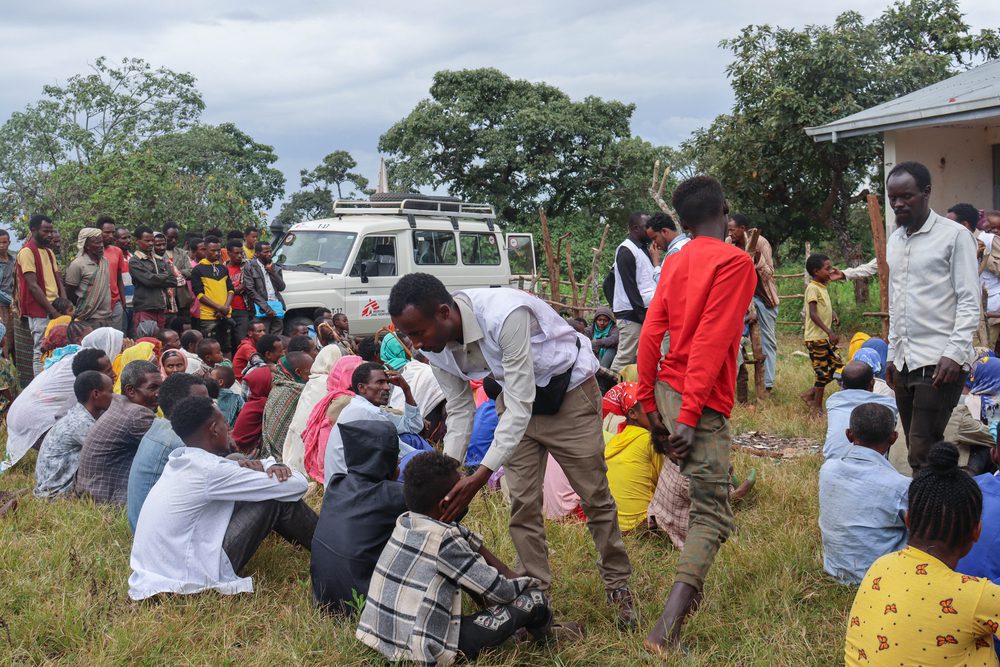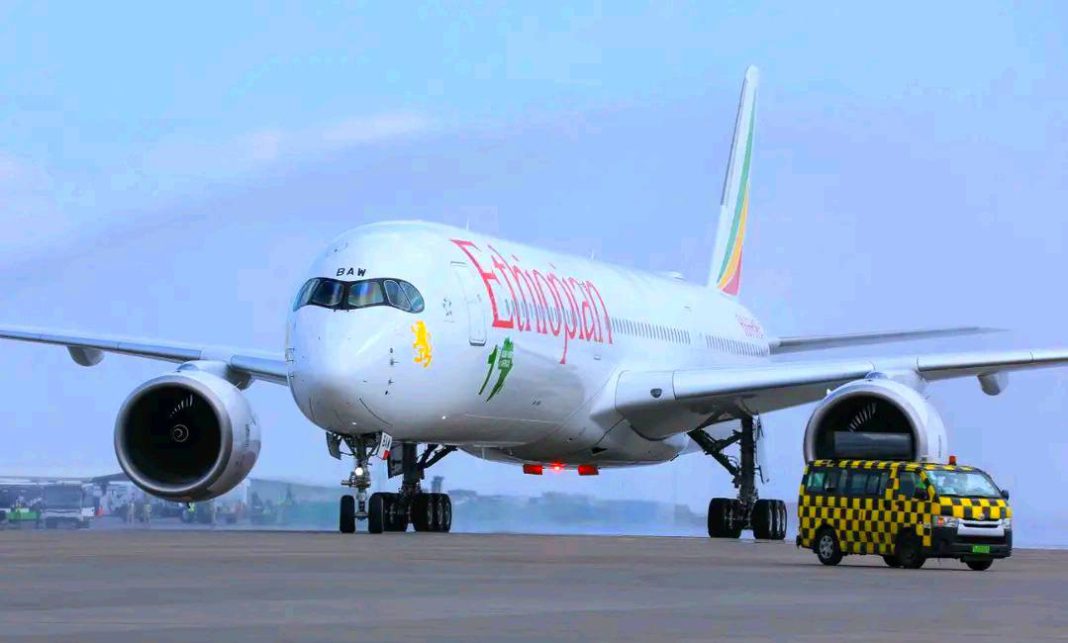Médecins Sans Frontières (MSF), also known as Doctors Without Borders, is responding to a record-breaking malaria outbreak in Ethiopia, with cases reaching unprecedented levels in 2024. MSF teams are actively working in two of the hardest-hit regions, Oromia and Gambella, to provide treatment, prevention, and control measures for the mosquito-borne disease.
A Worsening Crisis
According to the World Health Organization, Ethiopia has reported over 7.3 million malaria cases so far in 2024, a staggering increase from 4.1 million cases in 2023. This rise makes Ethiopia one of the highest malaria-burdened countries in East Africa. The crisis comes as the healthcare system struggles with the compounded effects of conflict and an influx of refugees and internally displaced people.
“The healthcare system is stretched to its limits, especially with the high number of refugees and displaced people in the country,” said MSF Head of Mission, Jocelyn Yapi.
Oromia: A Region Under Pressure
Oromia accounts for 48.5% of all malaria cases nationwide, with a fivefold increase in cases between August 2023 and August 2024. Years of insecurity and limited healthcare access have left communities particularly vulnerable.
In response, MSF launched an emergency operation in July 2024. Teams established dedicated malaria wards at Nekemte Specialized Hospital and Nejo General Hospital, treating around 750 patients weekly. Mobile clinics and health promotion teams also travel to remote areas, offering medical care and distributing mosquito nets.
“Before, we didn’t use mosquito nets,” said Damaya, a mother whose daughter received lifesaving malaria treatment from MSF. “Now, after attending MSF’s awareness sessions, I use nets for my children every night.”
Gambella: Refugee Communities at Risk
In the Gambella region, Kule refugee camp—home to over 50,000 refugees—has seen a 150% increase in malaria cases this year compared to 2023.
“Our teams are seeing the highest number of malaria infections reported in the past five years,” said MSF Deputy Medical Coordinator George Mapiye.
At Kule Health Center alone, MSF has diagnosed and treated over 36,000 malaria cases in 2024. In collaboration with local authorities, MSF has implemented control measures such as indoor residual spraying, reaching more than 80% of targeted households. Additionally, MSF launched intermittent preventive treatment for children (IPTc) and began administering the newly approved R21 malaria vaccine. So far, 2,750 children under five have received three doses, with a fourth dose scheduled in 12 months.
Urgent Call for Action
MSF urges a coordinated and comprehensive response to Ethiopia’s malaria epidemic. The organization emphasizes the importance of combining case management, malaria prophylaxis, vaccination, and vector control to combat the disease effectively.
In a statement, MSF called for prioritizing preparedness in high-risk areas and vulnerable populations, particularly given the country’s regional crises and seasonal variations in malaria transmission.
About MSF
MSF has been providing critical medical care in Ethiopia for over four decades. The organization focuses on conflict-affected areas and regions with limited healthcare resources, offering services such as mother and child healthcare, emergency surgery, infectious disease treatment, and health education.





